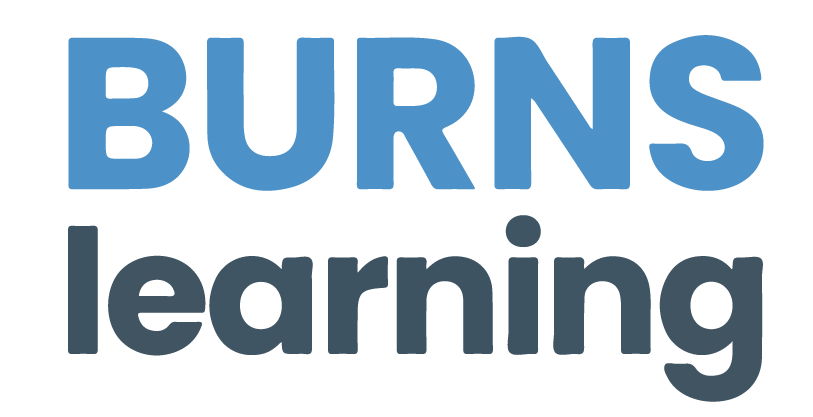- Referent and Expert Power Create Organizational Loyalty By Developing Trust
- Developing People Means Empowering Them
- Empowered Employees Choose To Stay, Drawn To A Learning Culture
Referent power is the most effective way to lead any team or business, because it’s grounded in opportunity, rather than fear. However, the negative forms of power – coercive and reward – are all anti-social forms of power, and when used often, they destroy relationships. We’ve all seen this: the boss who rages at people, ritualistically humiliating someone to send a message to the team; the passive aggressive middle manager who withholds key information, so people stumble unnecessarily. We all know these people and we don’t want them in our lives.
I’ve been very fortunate in my diverse professional life to work with leaders who understood that the best way to influence and motivate their team (and me!) was by gaining our respect. They might not have known they were using referent power, at the time, but it’s exactly what they were doing and it worked. Our loyalty to them was equal to our desire to do the best, most innovative and effective work we could.
While working for NBC, my first boss at the Olympic Games is one of the best examples of referent and expert power. Years later, I still think about how she would handle complicated and potentially fraught situations that I experience, and I respect her skills tremendously.
Jen led a team of very green humans. We were all early in our careers and trying to make it in sports, media or both. These are incredibly competitive fields, and the long line of people trying to get in can create opportunities to abuse power or prevent trust from forming within a team.
Jen recognized this and saw our team as an opportunity to change the culture, fostering better values borne of referent and expert power. From day one, she focused on our goals. She asked us what we wanted to learn and gain from this amazing experience, and somehow, remembered our answers. Jen had a level of expertise that was obvious from across the room. She was calm under pressure, could see around corners and anticipate problems before they were upon us and to say we were lucky to learn from her understates her impact.
She explained processes, took time to articulate the reasoning supporting decisions and talked about how she learned from past mistakes and victories. She shared her expertise with us, generously. She took the time to teach us, created a learning culture, built a loyal and energetic team and not incidentally: produced smooth, error-free broadcasts each day. We managed to avoid the occasional panic behind the scenes of live television, and we weren’t competitive among each other because we understood the big picture, practiced and were regularly coached and given feedback.
Jen took the time to develop us as a team and as individuals, and this is uncommon in broadcast television, in spite of how young and inexperienced we were. And wow, there were plenty of mistakes made. I made a mistake when planning a guest pickup for the live show, and this timing error resulted in the guest almost missing their hit time. On live television, this qualifies as a big mistake, the kind that could lead a boss to distrust a young employee, hampering my ability to grow within the team.
I could have cost my employer real money and serious credibility, by failing to get a live guest there in time, and I watched as stress spread like wildfire through my colleagues. But personally, I internalized this error in the depth of my soul. I had really screwed up and I was devastated. ‘Well this is it. I’m done.’ crossed my mind, and I can still conjure the feeling of anxiety, decades later.
After the show, Jen took me to get coffee and asked me to walk her through my decision making that day, and what my process had been. She wasn’t accusatory or angry, she simply asked me why I approached the plan the way I had, and then gave me advice on how to avoid that mistake in the future. She treated it as a learning opportunity, put my mistake in context and treated me like a person, who would absolutely never make the same mistake again.
I gained even more respect for her that day, and she taught me several lessons in leadership that I still use today. Importantly, she revealed referent power to me, and how badly that could have gone under other leadership, who leaned more heavily on coercive power to control and scold employees.
There are so many different ways this situation could have turned out if Jen simply used her title and ability to punish. There’s a good chance I wouldn’t have worked at another six Olympic Games after that. No industry is faster than live television and if Jen found time to gain and foster respect, all of us can. In my view, failing to use the Jen approach – referent versus coercive power – leaders are taking the easy way out and reveling in the anti-social power they wield. It doesn’t lead to better outcomes, just fried and anxious employees, who often have one foot out the door.
When a leader develops their people, what they’re really doing is empowering them. And no, that doesn’t mean creating a flat management model, in which there is no chain of command. I think the opposite happens: when you give more power you gain more power. That’s what employees seek, creating teams that are stronger, more resilient, honest and engaged.
